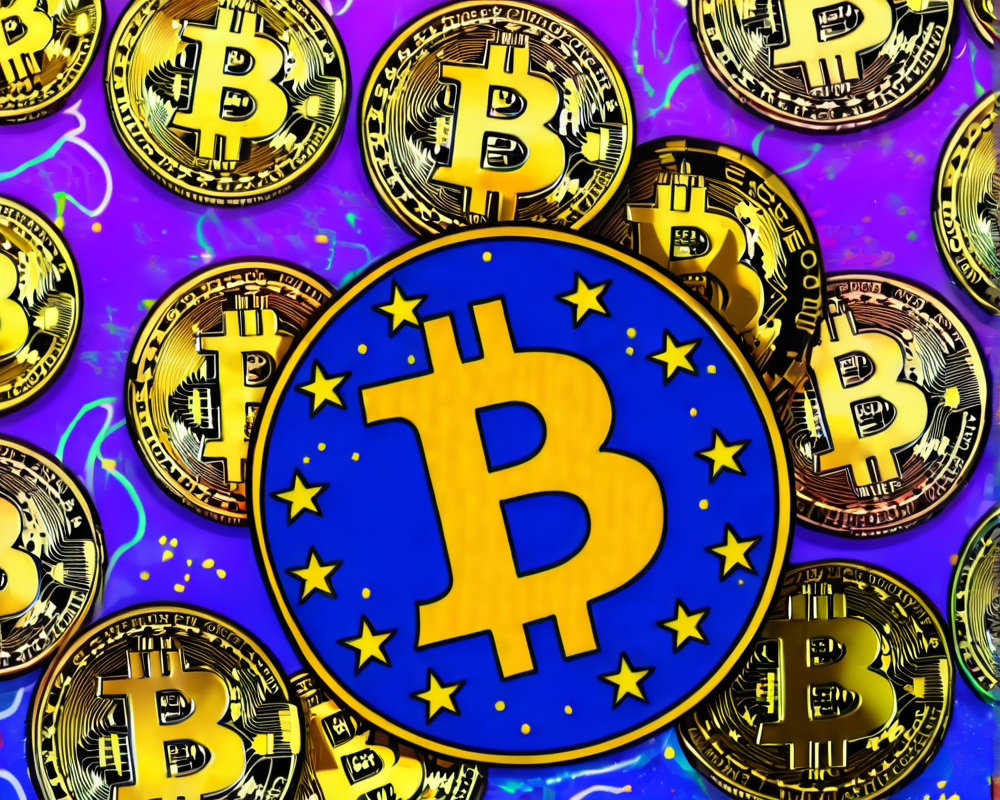Whistleblower Reveals Stricter Monitoring Measures
An anonymous bank employee from the Netherlands recently spilled the beans on a series of new regulations major EU banks are adopting, focusing on the surveillance of bitcoin transactions. According to this source, a memo circulating in the bank offices details strict protocols that require enhanced scrutiny for accounts handling more than €1,000 associated with bitcoin. Yes, you read that right—a grand total of €1,000 is enough to send banks into detective mode.
Forcing Banks to Play Detective
The memo also mentions a hefty threshold of €10,500 in annual deposits — outside of salary — necessitating banks to keep a keen eye on the cash flow. Think of it as an investment version of a red flag; if your money seems suspicious, the bank is legally obligated to phone a friend (read: authorities).
Evolving Compliance to EU Directives
What’s stirring this pot of compliance soup? A recent EU directive aimed at cutting down on money laundering and terrorist financing. The directive drops the bombshell that each bank must monitor transactions above this €1,000 limit as part of their anti-money laundering (AML) strategy.
“Member States shall apply a maximum threshold… that threshold shall be sufficiently low to ensure that the types of transactions in question are an impractical and inefficient method for laundering money.”
The Fear Factor: Money Laundering or Big Brother?
The fundamental concern behind these regulations hinges on whether digital currencies like bitcoin are the new villains in the world of finance. According to the employee’s report, banks have access to a ‘blacklist’ of specific account numbers associated with high-volume trading and major exchanges, which they are required to scrutinize closely. To put it mildly, if your account is linked with bitcoin, congratulations, you’re now on watch.
Connection to Criminal Activities
The report warns against bitcoin’s alleged connection to unsavory practices such as child exploitation and funding terrorism—heavy allegations indeed! The tone suggests that lawmakers and banks are united in protecting the public from potential abuses of the digital currency.
Comparisons to US Regulations
This isn’t an isolated trend either. Similar regulations exist stateside, where the Financial Crimes Enforcement Network (FinCEN) requires banks to report structured deposits over $10,000. One can only wonder if EU banks might nab some bitcoin traders with these sweeping rules, much like their American counterparts.
A Glimpse of Hope Amidst the Scrutiny
However, there’s a silver lining for casual bitcoin users; in the Netherlands, the current investigations reveal that only 84 accounts are flagged, with just 52 under active investigation. It seems like a majority of everyday users remain off the radar, fingers crossed they stay that way!
Growing Awareness and Future Prospects
Not all is doom and gloom. There’s a rising tide of interest in blockchain technology among Dutch banks, with ING Bank announcing a Bitcoin Congress this June. They’re even dabbling in decentralized blockchain experiments—maybe there’s hope yet for the less-than-perfect world of hot wallets and cryptographic safety.



